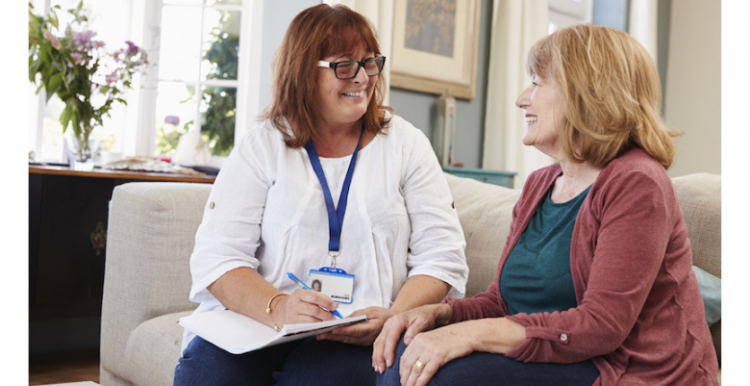What should I expect after being referred for mental health support?

Need support now?
You don't have to wait to speak to a GP if you need mental health support. You can self refer for talking therapies online. There are also a range of charities that can offer support.
How to access counselling –
Free NHS service to those currently registered with a GP in Coventry, Warwickshire or Solihull and are over the age of 16 years old and suffering with low mood and anxiety. People can self-refer. Services provided such as group support and online mental health related resources.
How to access mental health support for young people –
Rise - a group of NHS-led services providing emotional wellbeing and mental health services for children and young people in Coventry and Warwickshire. Support available to young people and families and professionals, and how to access them, with online resources.
Children and Young Person Advice Helpline - A directory which details support for young people and how to access online and otherwise.
How to access mental health support for adults -
NHS guide on accessing mental health support for adults - An NHS guide on how to access a variety of different support services including substance misuse and IAPT services for example.
How to access Community Mental Health Nurse (CPNs) support –
Mental Health Access Hubs - Details the location of and support provided by Mental Health Access Hubs (MHAH).
Other services -
MIND Coventry and Warwickshire – Lists services for young people and adults.
Samaritans – 24 hours a day, 365 days a year telephone and online helpline, with sections relating to COVID-19, the self-help app, and ways to help yourself and others.
What should I expect when being referred to a mental health service?
If your GP wants to refer you to a mental health service, they will write to them to ask for an appointment. Your GP should discuss with you the different types of mental health support available – both within the NHS and provided within the community. You should be involved in deciding what kind of service that you think would best suit your needs.
New NHS standards set to be implemented later this year state that you should be offered an appointment within four weeks after being referred for community-based mental health services.
Your appointment letter should include information about getting there and a number to call if you have problems. It should also clearly state who you will see and what will happen during an assessment.
The letter should also ask if you need any additional support to help communicate or if you would like to bring a family member, carer or advocate with you.
Useful questions to ask during your mental health assessment
After being referred to a mental health service, you'll need to attend an assessment. This can make people feel a little nervous but it is really useful to help mental health services give you the best support.
Some useful questions to ask during your assessment include:
- Why am I being offered an assessment?
- Will you tell anyone about my mental health problem?
- Who can provide my treatment and care?
- Are there any support organisations in my local area?
- Have you got any information for my family or carer?
- How can I manage my own condition?
- Who can I contact if I need help quickly between appointments (in a crisis)?
How should I be involved in my treatment?
Doctors, nurses and other health and social care professionals should support you to make decisions about your treatment and care.
They should encourage you to manage your condition, including recognising warning sides of your situation worsening.
Professionals should provide you with resources to support you in a format you can understand and information of where you can go to further support. Your mental health team should explain your treatment and also work with you to develop a care plan, including:
- Activities, such as education, work, volunteering, caring for family members or leisure activities
- What you can do to keep well
- How to cope with and reduce any risks to yourself or others
- Who to contact in a crisis
If there's a risk you may have a crisis, there should also be a crisis plan.
What should I do in a crisis?
There should be a local 24-hour helpline you can call in a crisis. Your GP or mental health team should be able to give you this number.
For more information on being referred for mental health support, visit the Healthwatch England website


